The Battle of Uncontrolled Urban Development in Nairobi
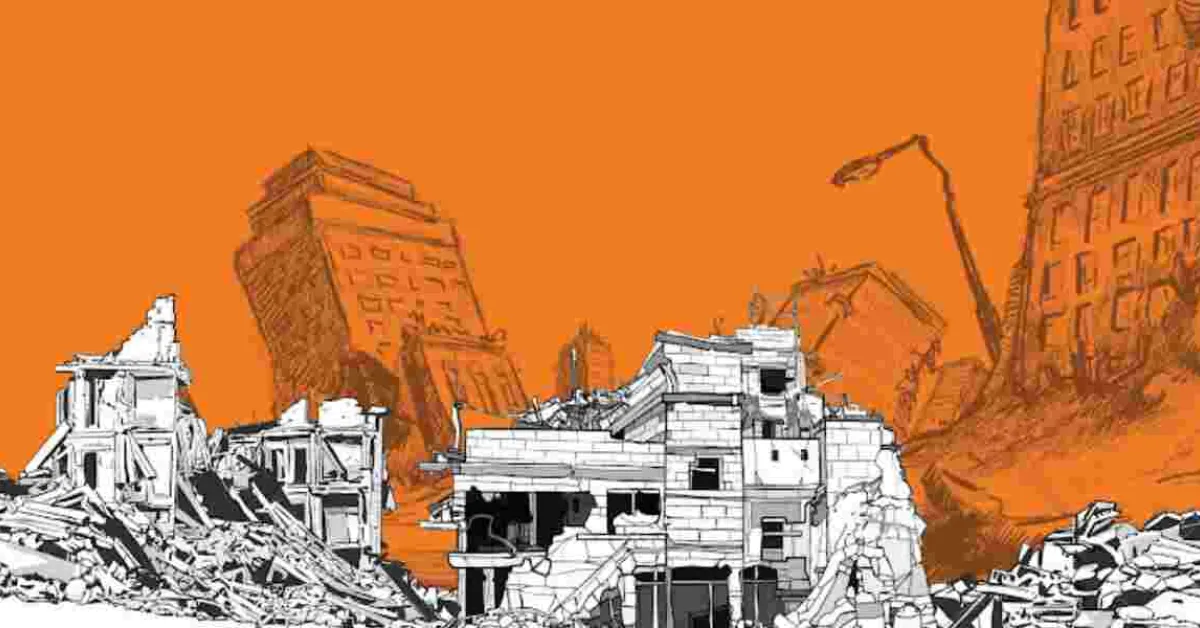
The relentless pursuit of urban progress often presents a dilemma with the need for sustainable growth clashing with the pressures of rampant construction.
Nairobi, Kenya, exemplifies this complex struggle, grappling with the consequences of uncontrolled development. Recent discussions have shed light on this pervasive issue, bringing together architects, concerned citizens, and legal experts to dissect the root causes and propose solutions. Legal recourse plays a crucial role, with the Environment and Land Court empowering communities to challenge illegal developments and safeguard their environmental rights. However, legal battles alone cannot be the sole answer.
Residents and community leaders highlight the very real consequences of unchecked construction: overcrowded neighbourhoods, strained infrastructure, and environmental degradation. The spotlight falls on municipal authorities, criticized for their failure to enforce zoning regulations and permitting illegal constructions. This necessitates a reevaluation of urban planning policies to prevent further deterioration. Architects, often seen as custodians of the built environment, acknowledge their own role in this challenge.
Advocates for change urge architects to reclaim their responsibility as visionaries, actively shaping the urban landscape through policymaking and zoning guidelines. Their participation in designing and implementing sustainable urban planning strategies can address the root causes of uncontrolled development. The path forward demands a collaborative approach. All stakeholders – architects, legal experts, community leaders, and municipal authorities – must work together to devise comprehensive strategies that prioritize sustainability, community well-being, and environmental stewardship. From policy formulation to community engagement, each group plays a vital role in shaping Nairobi's future and beyond.
While the battle against uncontrolled development is ongoing, continuous discussions and nascent initiatives offer a glimmer of hope. Through concerted efforts and collective action, cities like Nairobi can chart a course towards sustainable growth, ensuring that development serves the needs of present and future generations while safeguarding the integrity of the urban environment.
Previously leafy suburbs in Nairobi are undergoing a drastic transformation, losing their green character to concrete structures and declining living conditions. This rapid and largely uncontrolled development is raising concerns about the impact on essential services and the environment. The surge in illegal constructions, including those built on environmentally sensitive riparian lands, is negatively affecting the city. Residents in areas like Kilimani, Kileleshwa, and Lavington have expressed their dissatisfaction with the uncontrolled proliferation of high-rise buildings, exceeding existing regulations and impacting their quality of life.
The issue of unauthorized construction extends to environmentally protected areas. In an attempt to reclaim wetlands encroached upon by development, the national environmental authority demolished the one-billion-shilling South End Mall on Langata Road in August 2018. Recognizing the severity of the problem, the authorities have even ordered the arrest and prosecution of government officials who authorize illegal construction activities.
in February 2023, the government launched a campaign to target "rogue developers" responsible for building structures that pose a risk of collapse and endanger lives. This initiative followed several building collapses in Kiambu and Nairobi counties, including six high-rise buildings in Kiambu within just two years. Interior Cabinet Secretary Kithure Kindiki emphasized the government's resolve to prevent further fatalities and injuries stemming from negligence in the construction sector.


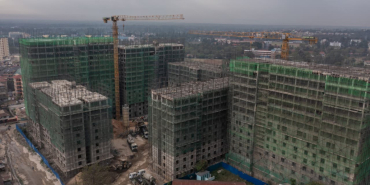

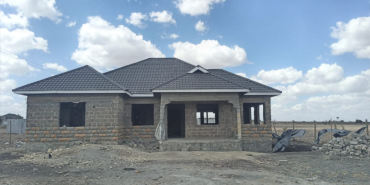
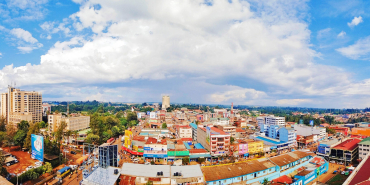
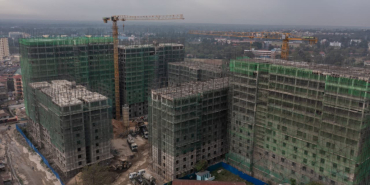
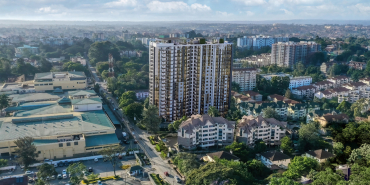






Comments
Nairobi terribly needs a no…
Permalink
Nairobi terribly needs a no-nonsense type of a leader like Michuki who was not afraid of hurting peoples' feelings as long as what he was doing was the right thing. I know many people who now lack access to sunshine because some developers put up 4 12-storey buildings "enclaving" their bungalows in the middle. Look at the mess in Pipeline Estate that resembles an asphalt jungle.
It is fact that authorities…
Permalink
It is fact that authorities allow housing that is unsafe and unhealthy for babies and adults. Dingy apartments with no sunlight coming thru and babies, kids get zero vitamin D hence purely avoidable health problems. Owners have to have electric lights on thru out the day.
Mushrooming apartments in leafy suburbs very close to other houses with owners having condoms thrown in their compounds is terrible.
Zoning rules flouted. Infrastructure like water, sewers, roads not expanded and property values will obviously be reduced immensely.
I think a new capital futuristic city out of Nairobi needs built.
If you add madness to mad…
Permalink
If you add madness to mad people, what do you get, anyone?!?
Sakaja doesn't give a damn…
Permalink
Sakaja doesn't give a damn about what is happening...as long as he has food on his table and he is being chauffeured around with security around him when needed, that is it! That is how useless most African leaders are...
Add new comment